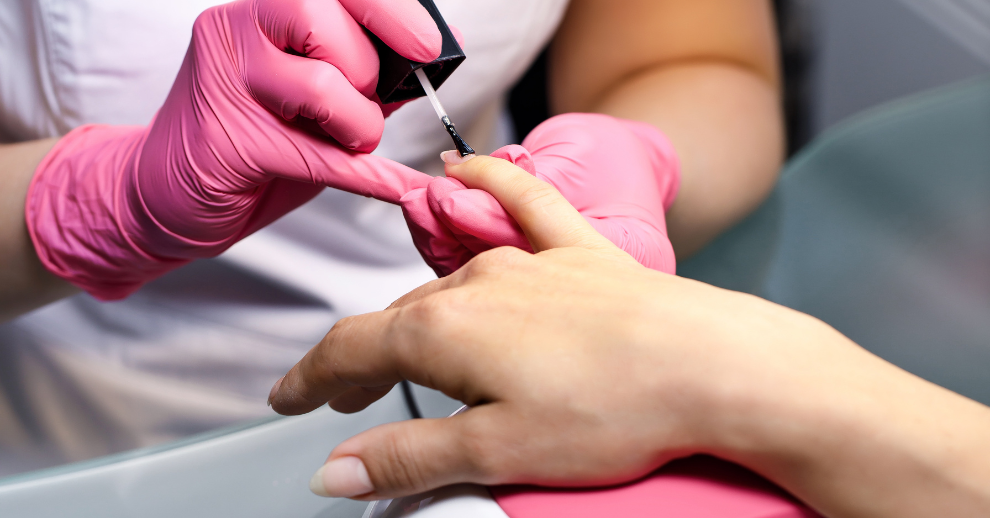The professional nail care market is entering a period of change following the ban on Triphenylphosphine oxide (TPO), a photoinitiator widely used in gel systems. With gels representing nearly a quarter of the global professional nail care sales, according to Kline + Company’s market analysis, the implications for manufacturers, salons, and consumers are significant.
The Impact of TPO Ban
For manufacturers:
The immediate priority is to reformulate impacted products with compliant photoinitiators. This requires investment in R&D and testing to ensure that the alternatives maintain the quality and performance of the existing products. Reformulation also creates operational challenges, from securing raw material supply to updating regulatory filings across multiple European markets.
For salons:
New formulations may behave differently in application and wear, increasing training requirements for nail technicians. Manufacturers that provide robust education and support can help salons transition smoothly, protecting product adoption and maintaining client satisfaction.
For consumers:
Although TPO and HEMA remain permitted in the United States, Kline’s early findings indicate that many manufacturers are already moving toward HEMA-free formulations. Europe’s regulatory pressure could accelerate a similar trend, influencing both product positioning and marketing in professional nail care.
That trend is also visible in other sectors of professional beauty. In professional hair care, for example, coloring formulations are shifting toward gentler ingredients, excluding ammonia and incorporating more care ingredients that provide deep repair support to hair.
Opportunity for Professional Nail Care Brands
While the ban creates near-term disruption, it also opens the door for innovation. Manufacturers that position reformulation as an upgrade may strengthen their competitive standing. Key opportunities include:
- Development of safer, eco-conscious gels that align with sustainability and ‘clean beauty’ narratives
- Premium pricing potential if reformulated products deliver improved performance or consumer benefits
- First-mover advantage for brands able to launch compliant lines quickly and capture salon loyalty before competitors
Opportunities for Raw Material Manufacturers
The ripple effects of the TPO ban also extend upstream, creating opportunities for ingredient and raw material suppliers. Manufacturers of safer photoinitiators are poised to see increased demand as formulators and brands seek non-TPO alternatives to meet regulatory requirements. Key opportunities include:
- Developing “drop-in” substitutes that minimize reformulation costs while maintaining performance, enabling faster market adoption
- Providing premium photoinitiators that combine curing efficiency, low yellowing, low migration, and superior light absorption, supporting both safety and performance claims
- Supporting customers through the transition by offering technical guidance, samples, and assistance in addressing yellowing issues, optimizing curing under various light sources, and ensuring regulatory compliance
- Leveraging sustainability credentials by emphasizing “TPO-free,” “low migration,” and REACH-compliant solutions that can strengthen downstream brands’ marketing narratives
Kline has deep expertise across the entire beauty value chain, from raw material suppliers and formulators to brands, distributors, and salons. The upcoming Professional Nail Care: United States Market Brief will examine how leading manufacturers are responding to regulatory changes in Europe and whether “TPO-free” and “HEMA-free” claims become global differentiators. The analysis will uncover the scale of the impact, competitor strategies, including up-and-coming players, as well as evolving salon and consumer trends.
Furthermore, Kline’s advisory services translate these insights into strategic actions, helping stakeholders identify growth opportunities, optimize portfolios, and maintain competitiveness. To learn more about our products and solutions, get in touch.

